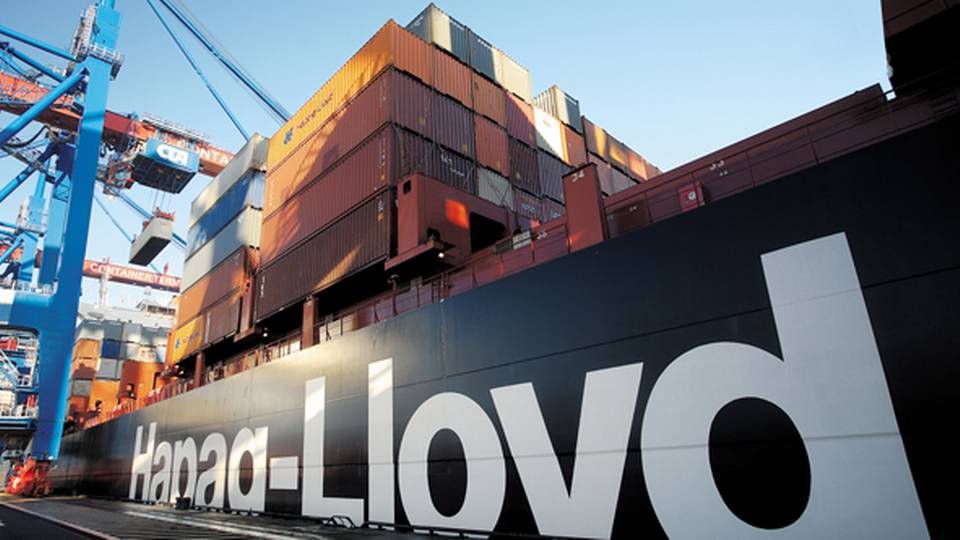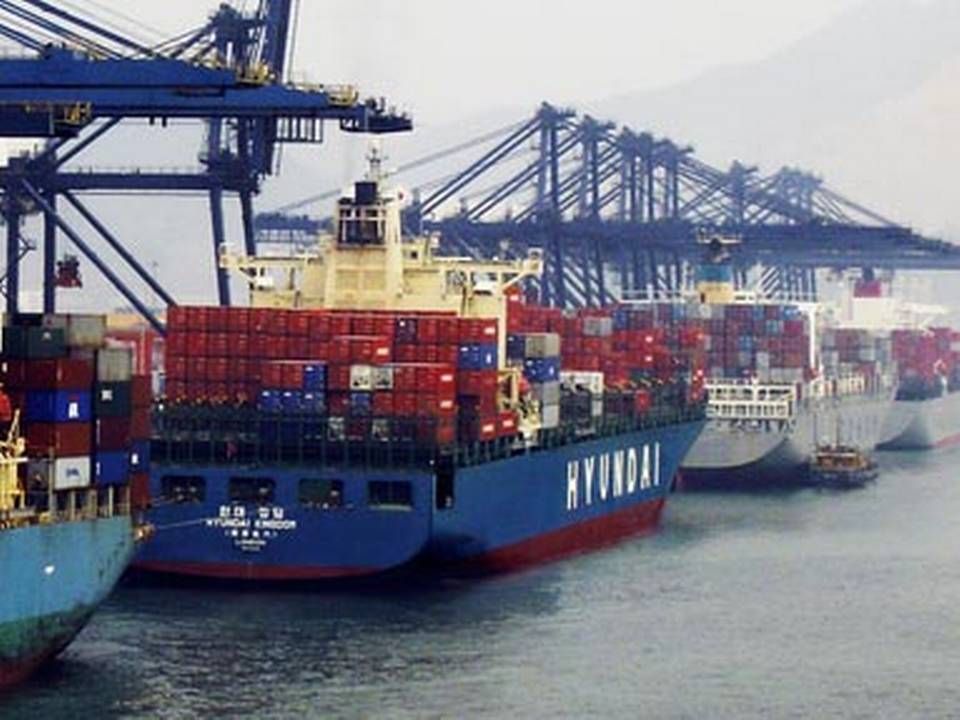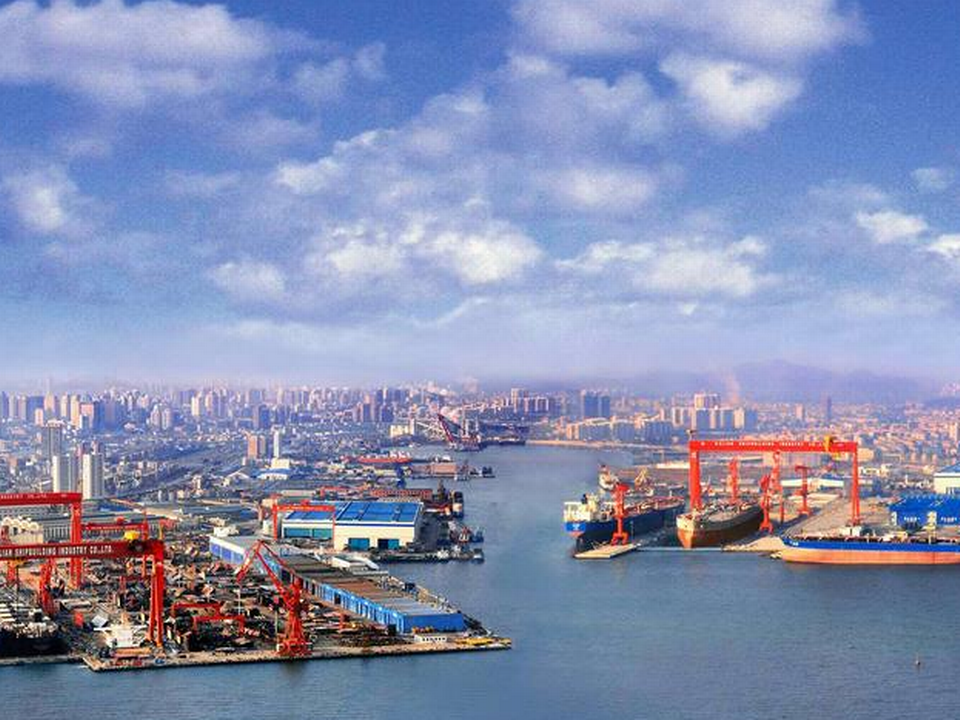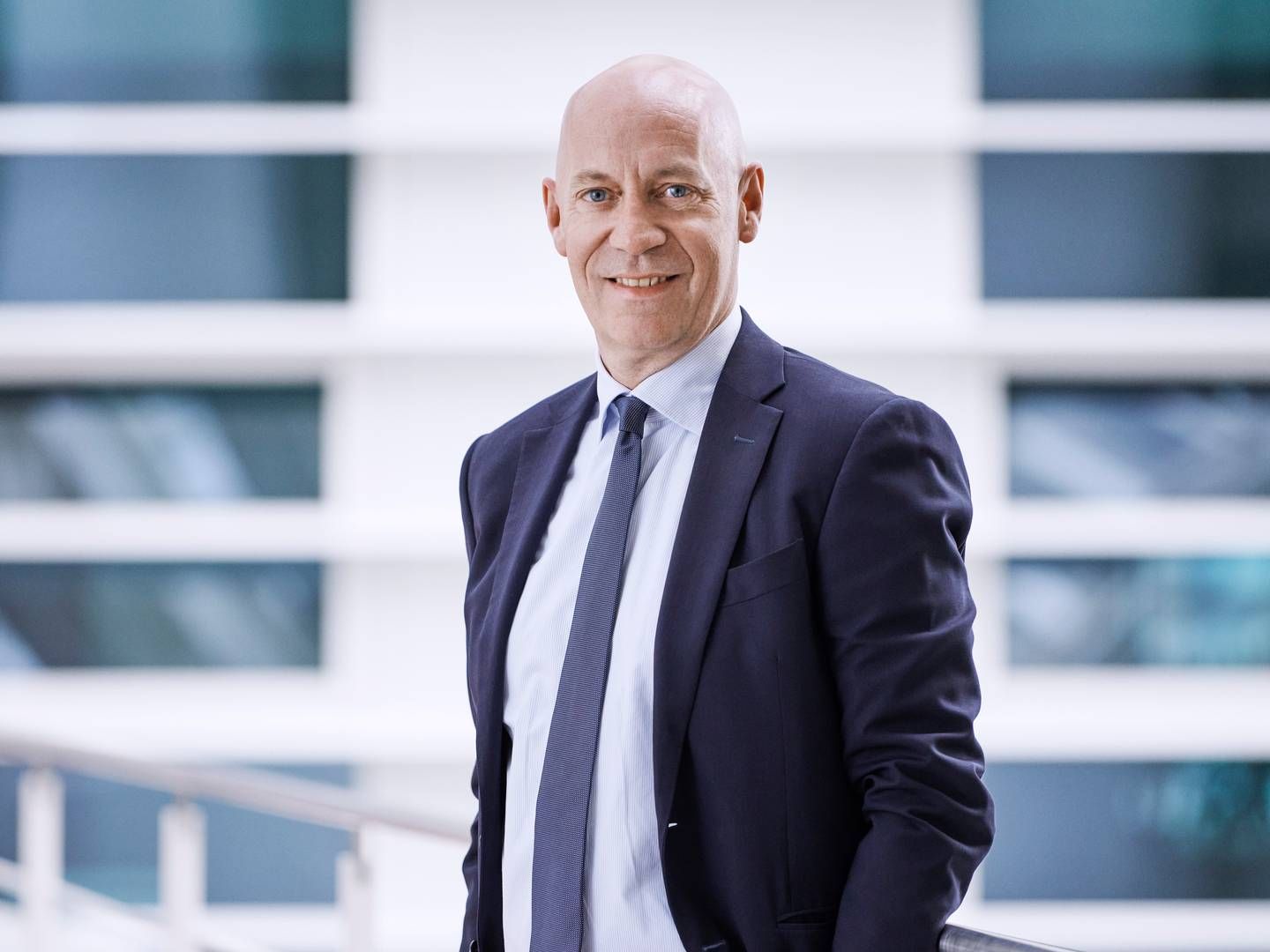Hapag-Lloyd's talents must draw on self-reflection to get ahead

With 12,000 employees globally following the mergers with CSAV and now UASC, the potential talent pool has also increased at Hapag-Lloyd, along with the diversification of the entire group of staff members.
Although the German carrier aims to keep its basic values constant, the way of working is changing due to a much faster pace, a higher level of diversity, and the need to adapt to the changing needs of the market.
Internal talent programs have to facilitate the adaptation to these changes, the carrier explains to ShippingWatch, outlining what it takes to be a talent and how they are fostered.
"We have two talent programs: One focuses on our middle management staff with potential for executive positions, and the other aims to develop our most promising talents on employee and team leader level," explains Dennis Treichel, who serves as a facilitator for both programs.
He came to the carrier four years ago from the aircraft industry, and he knows that the shipping company is only one of many options for talented employees today. Therefore, to cater to the needs of both the company and a broad group of employees, Hapag-Lloyd has implemented the two development programs on a global scale.
50 candidates on the management program
About 50 managers are members of the Management Career Program (MCP). They are the ones believed to possess the potential to rise to the executive level.
To be selected for the program, candidates must be nominated and confirmed in the course of an internal staff appraisal process.
For this process, the carrier has set up a development center to analyze strengths and areas of improvement among the candidates who are given feedback before entering the program.
One characteristic is crucial if a talent wants to advance.
In general, candidates should possess self-reflection, which from the perspective of the HR-unit is a necessity in terms of developing oneself. The rationale is this: Without the ability to step back and rethink a situation and one's own role in a meeting, a conflict or a dialog, one may not be able to find the best solution, to collect experience or to receive feedback and use it going forward.
Managers must be able to contribute
Also, unlike the traditional perception of a leader of a 170-year-old shipping company, characteristics like entrepreneurial spirit and intercultural skills feature prominently on the agenda today.
Leadership also has to do with empathy and the ability to head and coach a team, explains Treichel. Furthermore, candidates learn to analyze finances and data, but personal skills are vital.
"The ability to network, to communicate or to present a plan or a project with enthusiasm in order to convince people is important as a leader," says Treichel.
"We regard persons fit for the program as contributors to the company who show commitment. Managers in the program should not have a consumer mentality. They should rather think about how they can contribute to the company."
Around 400 people work on Hapag-Lloyd's hierarchy level 4, and this is the target group of the MCP. The program may give candidates access to a position on level 3, which could be a Senior Director position in an HQ function or as managing director in a country. Overall, so far one third of all managers currently on level 3 have attended the program. Next step up is level 2, which could be as a manager in charge of a whole region or a central HQ department.
The second program, the Talent Development Program (TDP), was created for the talents on hierarchy levels 5 and 6. Although some of these are already team leaders with some management functions, most participants are experts and what the company describes as "the strongest performers in their departments."
200 on the TDP program
"These employees are a key element of our company's backbone," says Treichel.
"And we want to provide them with attractive development opportunities in order to grow and retain them."
More than 200 shore-based employees are currently enrolled in the Talent Development Program where they receive training and mentoring and are invited to participate in international assignments.
The average current MCP member is around 45 years old, where as many of the TDP participants joining the program these days belong to a much younger generation: the so-called "Generation Z."
Hapag-Lloyd is now working on condensing and streamlining the MCP program to adapt it to the fast-changing needs of the company and the shipping industry.
Employees at container carriers point to lack of career opportunities
German billionaire raises stake in Hapag-Lloyd
The last five years has seen a flurry of container mergers
Related articles
German billionaire raises stake in Hapag-Lloyd
For subscribers
The last five years has seen a flurry of container mergers
For subscribers




















